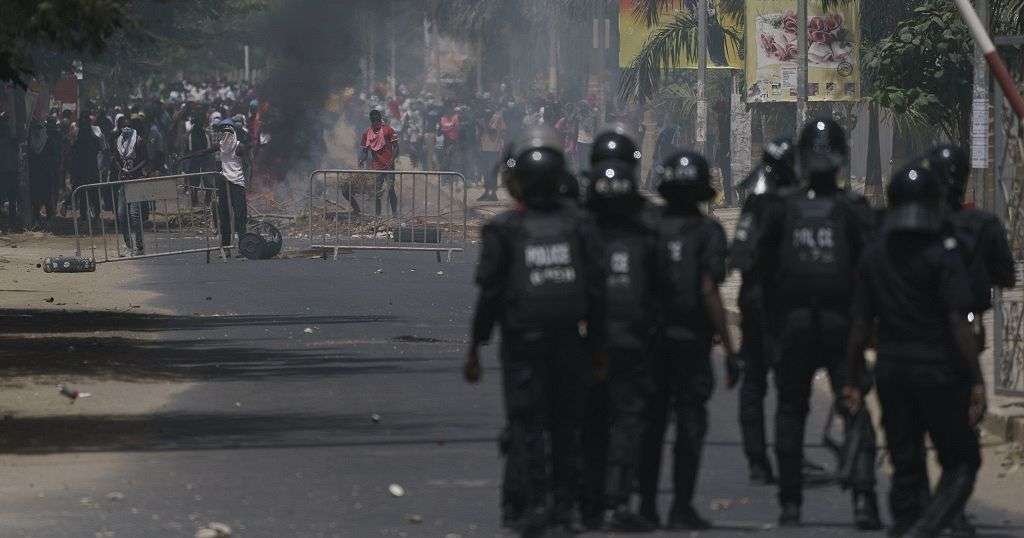Dakar, Senegal – (African Boulevard News) – Protests have erupted in Senegal following the court’s decision to sentence opposition leader Ousmane Sonko to two years in prison. Despite the unrest, the Senegalese government is standing by the court’s decision and maintaining its position.
The court convicted Sonko for disturbing public order and participating in an unauthorized protest in February, which led to violent clashes between protesters and police. The verdict has been highly controversial, with many of Sonko’s supporters claiming that the charges are politically motivated and aimed at silencing the opposition.
However, the government has emphasized the importance of respecting the independence of the judicial system and upholding the rule of law. “The government has no influence over the court’s decisions, and it is important to let the legal process take its course,” said a spokesperson for the Senegalese government.
Many international organizations, including the United Nations, have called for Sonko’s release, citing concerns over his health and the need to protect freedom of speech and assembly in Senegal. However, the government has defended the court’s decision and rejected any external pressure to intervene.
“The judiciary is an independent body, and the government has no authority to interfere in its decisions. We respect the right to peaceful protest, but this must be done in accordance with the law,” said the spokesperson.
The controversy surrounding the Sonko case has highlighted the deepening political divisions in Senegal ahead of the country’s presidential elections next year. Sonko is seen as a potential challenger to President Macky Sall, whose government has been accused of suppressing political dissent and violating human rights.
Despite the protests and criticism, the government has remained resolute in its support for the court’s decision. “We understand that some people may disagree with the verdict, but we must respect the legal process and the decisions of the court,” said the spokesperson.
The Sonko case is likely to have far-reaching implications for the future of democracy and political freedom in Senegal. As the country faces increasing challenges from social and economic pressures, it will be crucial to uphold the principles of justice and human rights to ensure a peaceful and prosperous future for all Senegalese citizens.

